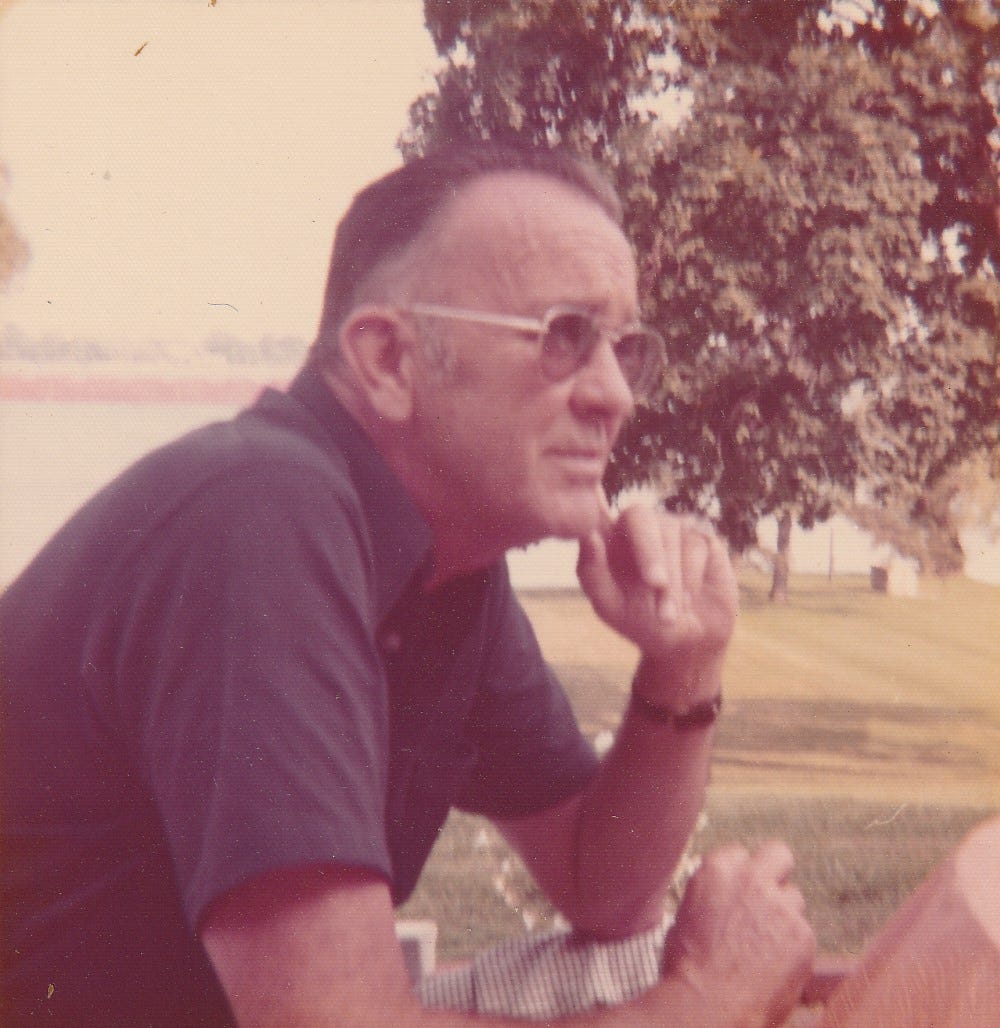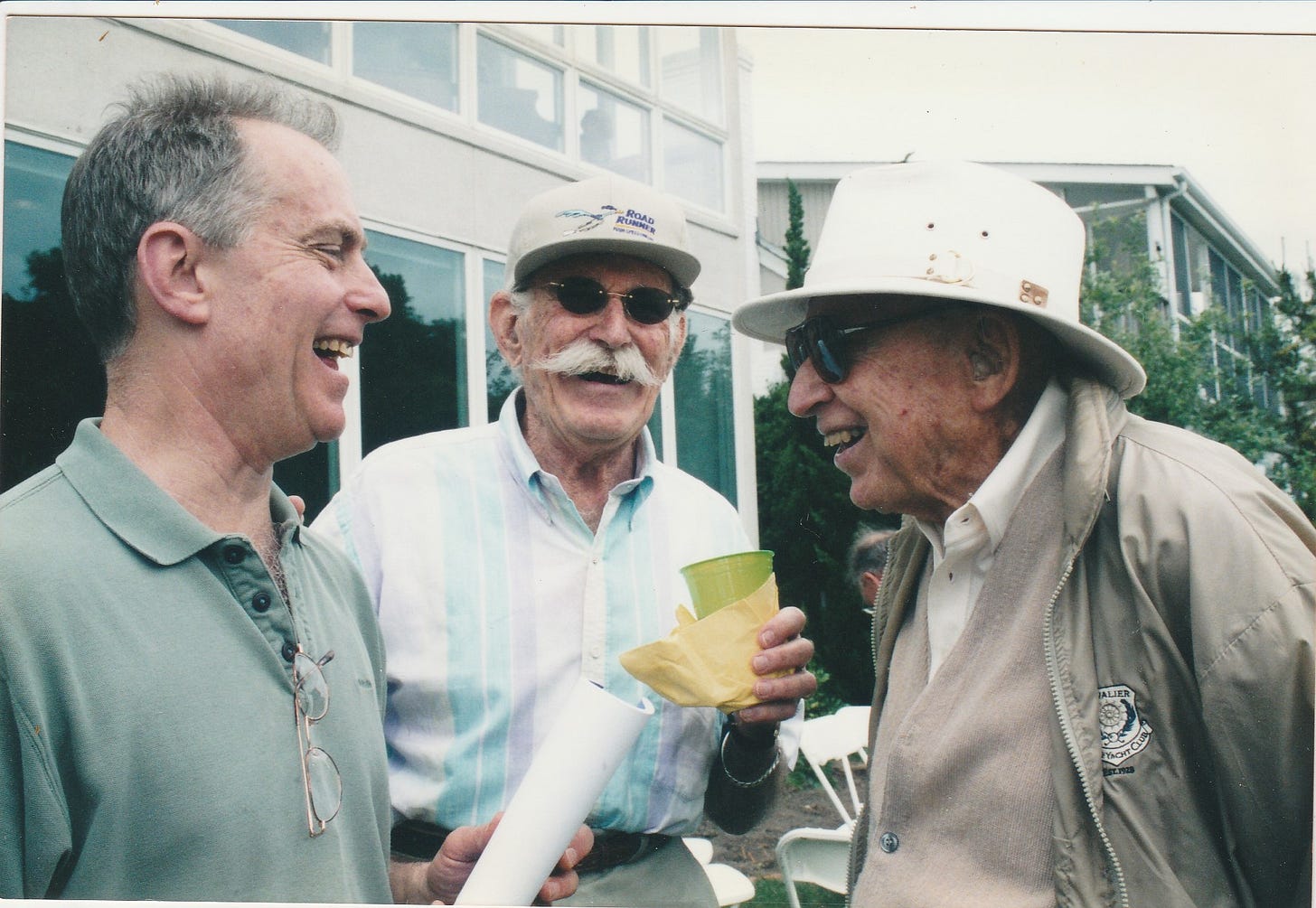Uncles
“I think uncles are the most important thing you can have as a child.” —Richard Avedon, “He Has Shown Us Laughter”
Uncles provide a male relationship that isn’t based on power and discipline and competition. That sounds simple and obvious, but the repercussions are large. If, like me, your relationship with your father was not close or good, an uncle can provide warmth, love and concern from a male when you need that. Even if your relationship with your father is good, uncles can add much to your life.
The relationship with an uncle is hard to categorize. He’s a close male adult relative, but, obviously, he’s not your father. His direct, daily influence is limited. That doesn’t mean it’s not profound. He doesn’t discipline you, or if he does it’s only when absolutely necessary. He can give you advice and comfort, and that can be important, but his words are never going to be as influential as your father’s. He’s still family, and being family means that they have a certain privilege. A privilege to enter into your heart. If they’re good men, they’ll be good uncles. Which is good for you, the nephew. Uncles are demi-fathers.
My uncles have allowed me to get closer to and understand men much easier and more deeply than I ever could with my own father. There will always be a gap, of course, between the kind of bond and pull you have with an uncle and the kind you have with your father. No one pulls like your father. No male relationship comes closes to the intensity and urgency as that between you and your father. Even if, as in my case, the relationship was not only never close, but fraught with shame and fear. I cannot ever escape my father. I cannot ever escape wanting his love and approval. That remains, even now—years after his death.
I had three uncles. Harold, Bob and Howard. The three men were very different. Each gave me something my father didn’t, or couldn’t. What and how they gave me these things was sometimes clear and sometimes not. I felt a yearning toward them. I often wished my father were more like them. They gave me masculine warmth. I needed that, sometimes desperately. I don’t think they were remotely aware of the role they played. They were just being uncles. But a boy needs the guiding light of his father, of a masculine figure who can help him figure out what it is to be a man.
And what does it mean to be a man? That seems to have changed in recent years. For me, though, the term “a good man” will always be something I aspire to. In my mind that means someone who protects and provides for those he loves. Who never exploits or harms those weaker than he is, either physically, financially or otherwise. Who is capable of love and of affection. Who can and does make hard decisions. Who stands for something. Who cannot abide someone humiliating another human. Who is proud of those he loves. Who teaches his children the things he learned that will help them go through this world. Like tolerance, generosity and compassion. Who is tender and respectful toward the woman he loves.
I wanted to learn those things, to have these things, to be given these things from my father.
Instead, I had three uncles.




Good one, Richard. Uncles are especially important for boys. My son is closer to his Uncle Jake than he is to his father. Best buds. How are relationships with extended family different for women, I wonder. Aunts, I think. For me, a gaggle of them!